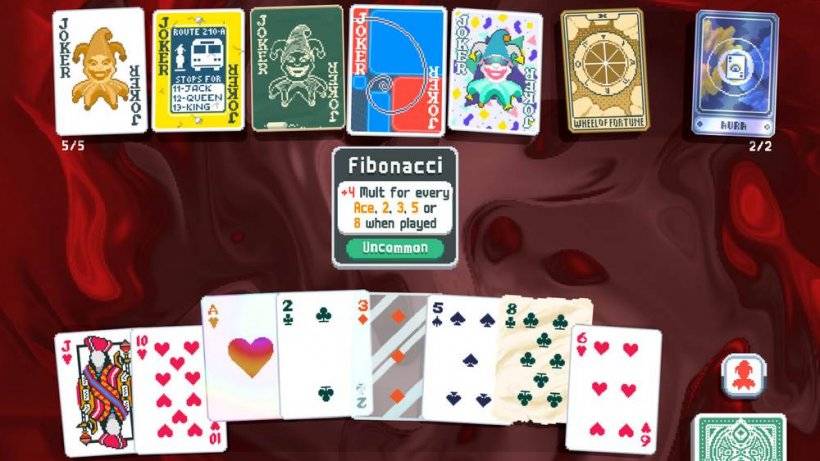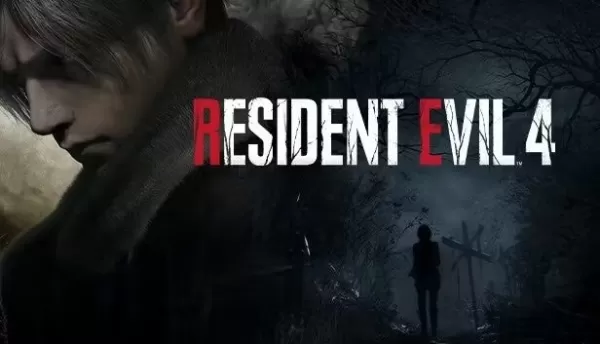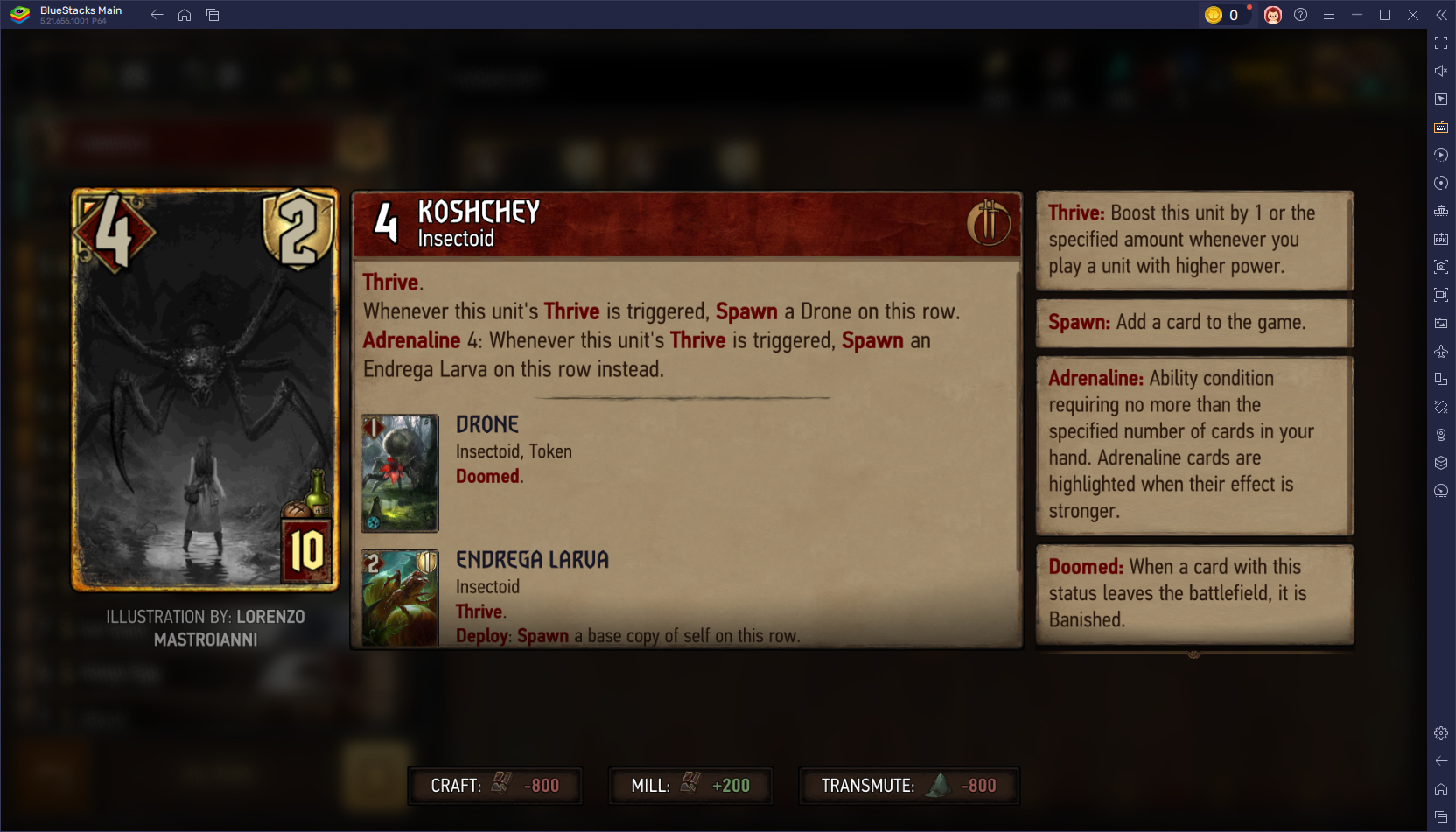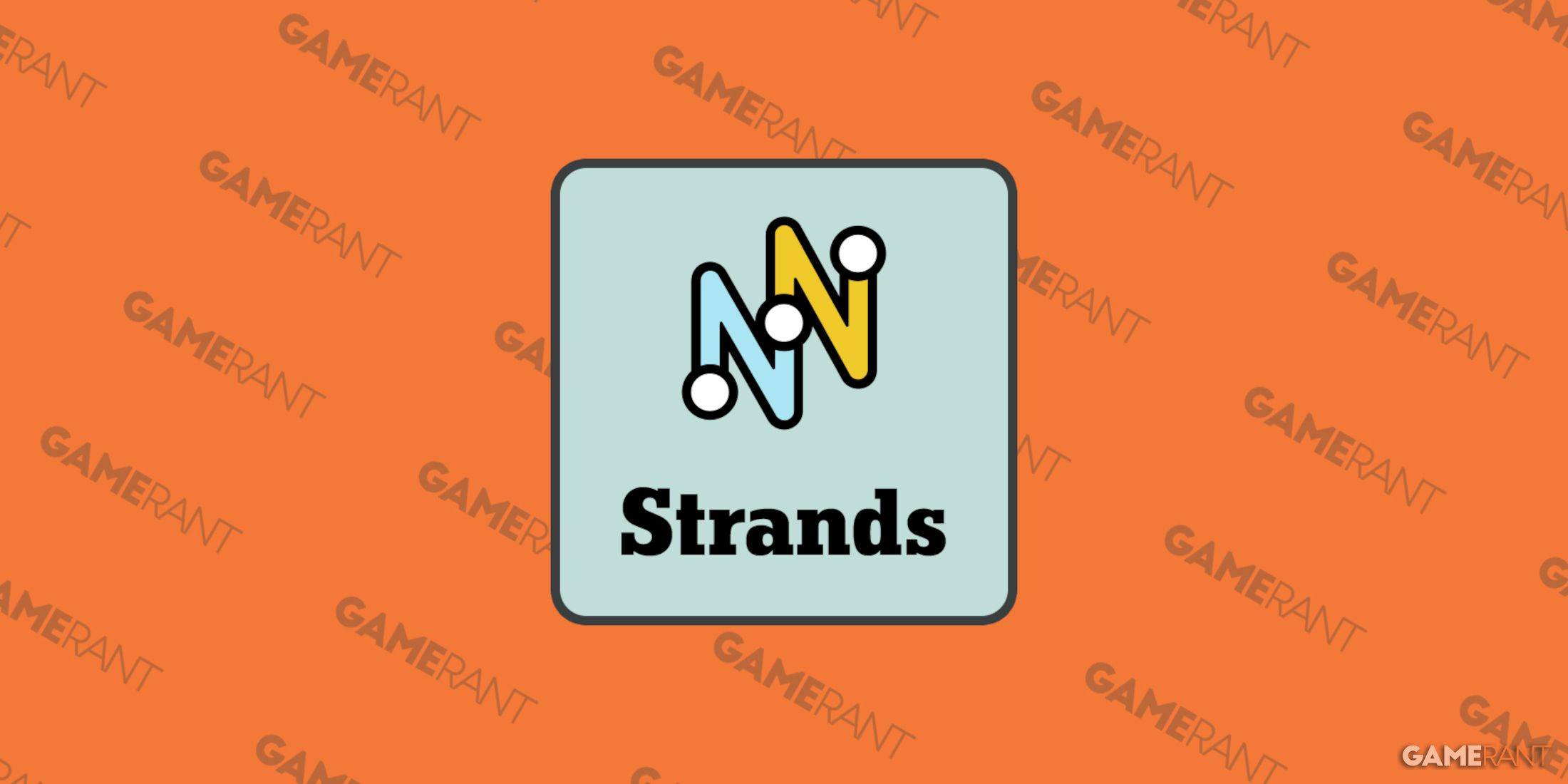Top mobile games of 2024: Iwan\'s picks, except it\'s mostly Balatro
- By Evelyn
- Mar 06,2025
It's year-end, and my Game of the Year is Balatro – a surprising choice, perhaps, but one I'll explain. Balatro, a blend of solitaire, poker, and roguelike deck-building, has garnered significant awards, including Indie and Mobile Game of the Year at The Game Awards and two Pocket Gamer Awards.
However, its success has also caused confusion and even anger. The contrast between its relatively simple visuals and the accolades it received has led some to question its merit. They see it as just a simple card game, overlooking its unique qualities.
My personal experience with Balatro has been mixed. While engaging, I haven't mastered it. Its focus on deck optimization and statistical analysis isn't my forte. Yet, it's been a worthwhile investment, offering simple, enjoyable gameplay without demanding excessive technical skill or mental strain. It's not my perfect time-waster (that title goes to Vampire Survivors), but it's a strong contender.
Honorable Mentions:
- Vampire Survivors' Castlevania expansion: A long-awaited and well-executed addition.
- Squid Game: Unleashed's free-to-play model: A potentially precedent-setting move by Netflix Games.
- Watch Dogs: Truth's audio adventure release: An interesting, albeit unconventional, choice by Ubisoft.
Balatro's success is puzzling to some because it's not a flashy gacha game, a technically impressive title, or a popular battle royale. It's a well-executed card game, and that's precisely why it's my GOTY. Its quality lies in its gameplay, not its graphics.

The reaction to Balatro mirrors the response to other award-winning games, like Astrobot. The criticism often stems from a perceived disconnect between the game's simplicity and its success. Balatro's unashamedly "gamey" design, while colorful and engaging, lacks the hyper-realistic graphics or retro aesthetic that some expect from award winners. It's not a tech demo; it's a passion project that unexpectedly blossomed.
Many see Balatro as "just a card game," failing to appreciate its fresh take on the genre. Its success should remind us that a game's quality is measured by its gameplay, not just its visual fidelity.

Balatro's multi-platform success (PC, console, and mobile) is noteworthy, especially considering the challenges of mobile development. While not a massive financial success, its relatively low development cost likely resulted in a substantial profit for LocalThunk. It proves that a simple, well-designed game can achieve success across multiple platforms without needing complex features or massive marketing budgets. The game's approachable nature allows for different play styles; some optimize for perfect runs, while others enjoy it as a relaxing pastime.
In conclusion, Balatro's success highlights the importance of solid gameplay over flashy visuals. It's a testament to the fact that a well-executed, simple game can be both critically acclaimed and commercially viable.
Latest News
more >-

-

-
- Star Wars Outlaws Coming to Nintendo Switch 2
- Dec 13,2025
-

-




